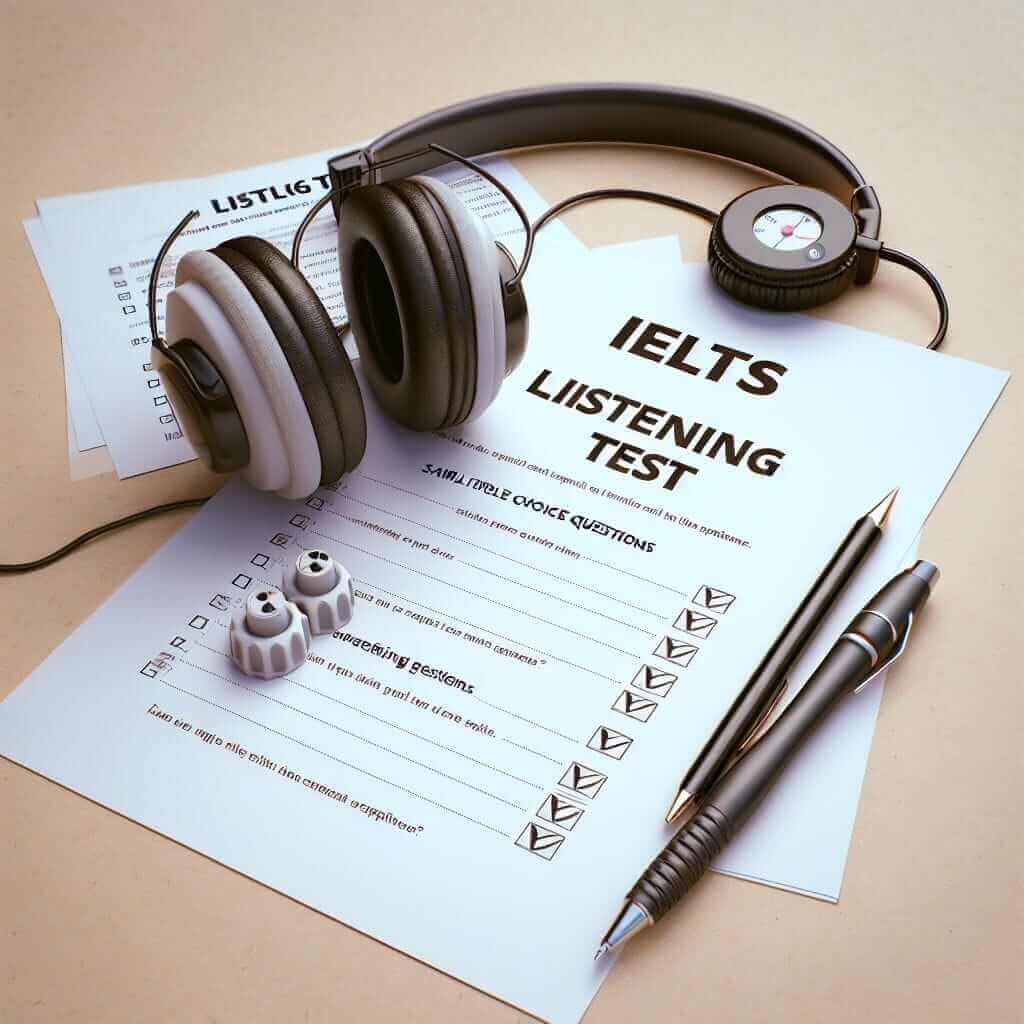The IELTS Listening test. It can be a source of anxiety for many test-takers, but with the right approach and consistent practice, it’s entirely possible to achieve your desired band score. As an IELTS instructor with over 20 years of experience, I’ve guided countless students towards success in this section. In this comprehensive guide, we’ll delve into proven strategies, tips, and insights to help you conquer the IELTS Listening test.
Understanding the IELTS Listening Test Format
Familiarity breeds confidence. Before we dive into the tips, let’s understand the structure of the test:
- Duration: 40 minutes (30 minutes for listening + 10 minutes to transfer answers)
- Sections: 4 sections, each with 10 questions (40 questions in total)
- Audio Types: A variety of accents and dialogues, including conversations, monologues, and academic lectures
- Question Types: Multiple choice, sentence completion, matching, plan/map/diagram labeling, short-answer questions
Effective Strategies for IELTS Listening Success
1. Active Listening is Key
- Focus: Eliminate distractions and concentrate solely on the audio.
- Predict: Before each section, use the time given to preview questions and anticipate potential answers.
- Keywords: Identify keywords in both the questions and audio to guide your listening.
2. Sharpen Your Note-Taking Skills
- Be Selective: Don’t try to write down everything. Focus on key details like names, dates, and keywords.
- Use Abbreviations: Develop a system of abbreviations and symbols to jot down information quickly.
- Stay Organized: Keep your notes clear and structured to easily refer back to them.
3. Master the Different Question Types
Each question type requires a specific approach. Practice them all thoroughly:
- Multiple Choice: Identify keywords in both the question and options to eliminate distractors.
- Sentence Completion: Pay attention to grammar and word limits.
- Matching: Listen for synonyms and paraphrasing in the audio.
4. Vocabulary Enhancement
A strong vocabulary is essential:
- Expand Your Lexicon: Regularly learn new words and practice using them in context.
- Focus on IELTS Vocabulary: Utilize resources specifically designed for IELTS vocabulary building.
- Listen Actively: Pay attention to new words you encounter in practice materials and try to understand their meaning from context.
5. Practice Makes Perfect
Consistent practice is crucial:
- Utilize Official Materials: Practice with past papers and sample tests available on the official IELTS website.
- Simulate Exam Conditions: Create a quiet environment and time yourself to replicate the test-day experience.
- Analyze Your Mistakes: Review your practice tests carefully, identify areas of weakness, and focus on improving those areas.
 IELTS Listening Test Example
IELTS Listening Test Example
Example from an IELTS Listening Test
Let’s look at a sentence completion question:
Audio Script:
The museum will be closed for renovations from July 15th until the end of August.
Question:
The museum will be closed from to .
Answer:
The museum will be closed from July 15th to the end of August.
Key Takeaway: Notice how crucial it is to note specific dates and phrases.
Conclusion
Passing the IELTS Listening test requires a combination of strategy, skill development, and focused practice. By following the tips outlined in this guide, you can significantly enhance your listening comprehension, improve your performance, and approach the test with confidence. Remember, consistency is key.


